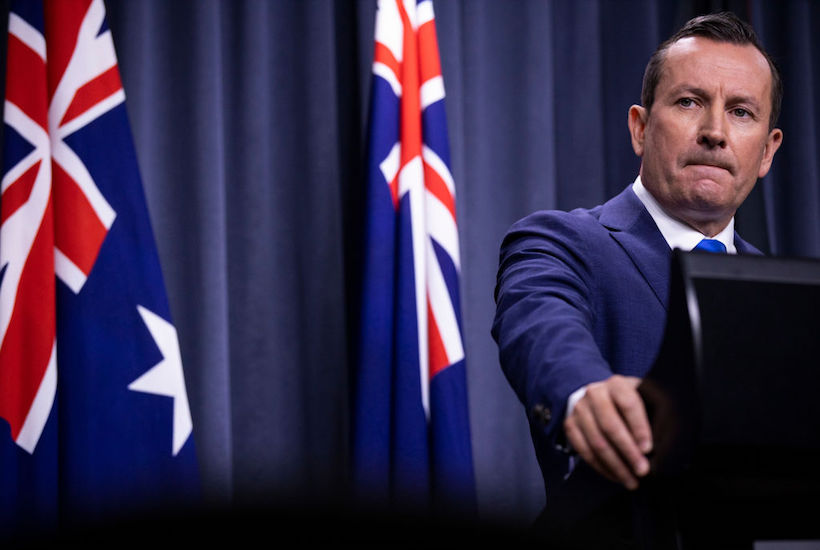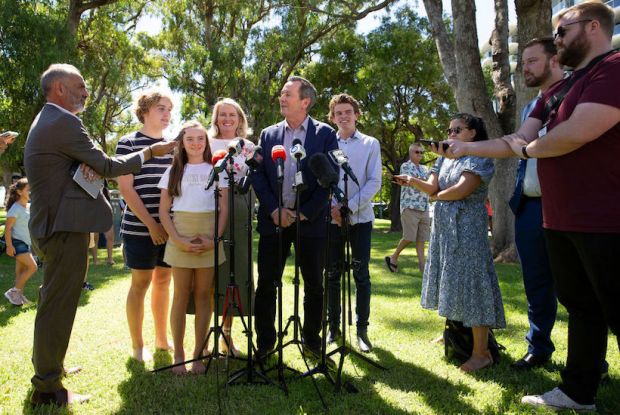Have you tried to travel interstate to Western Australia lately? If so, you would have been required to apply for a G2G PASS, designed by Genvis Pty Ltd, an Australian company “specialising in cloud-based programs, data science and artificial intelligence.” A G2G Pass is the functional equivalent of a travel passport.
Even a perfunctory examination of the G2G website, the G2G application form, Genvis’s G2G PASS Privacy Policy (last updated on April 17, 2020), Genvis’s general Privacy Policy (last updated May 6, 2021), reveals the existence of inconsistencies and contradictions between these documents.
This opinion piece, in focussing on these contradictions and inconsistencies, seeks to inform its readers of the invasive nature of the application process, which impedes the freedom of movement traditionally associated with living in Australia and equally importantly, potentially violates the privacy rights...
Already a subscriber? Log in
Subscribe for just $2 a week
Try a month of The Spectator Australia absolutely free and without commitment. Not only that but – if you choose to continue – you’ll pay just $2 a week for your first year.
- Unlimited access to spectator.com.au and app
- The weekly edition on the Spectator Australia app
- Spectator podcasts and newsletters
- Full access to spectator.co.uk


























Comments
Don't miss out
Join the conversation with other Spectator Australia readers. Subscribe to leave a comment.
SUBSCRIBEAlready a subscriber? Log in